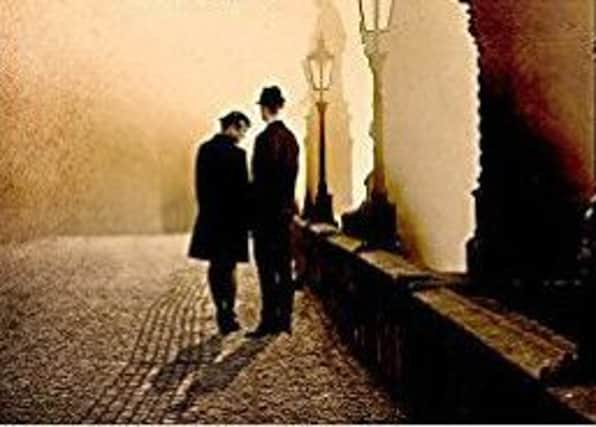Book review: Prague Spring, by Simon Mawer


Sensibly, Mawer presents this extraordinary flowering so abruptly cut short through the eyes of outsiders: Sam Wareham, first secretary at the British Embassy in Prague, and two Oxford students, Ellie and James, hitch-hiking their way across Europe. It takes some time for the two strands to come together. This is always a risk. The reader who has become interested in James and Ellie in the first chapter may be irritated when they drop out of the narrative for 50 pages while we turn to Sam and his doings. Conversely, having through Sam become engaged in the political excitement of Prague – echoes of Wordsworth’s “Bliss was it in that dawn to be alive” – the reader may find it tiresome to return to these young English innocents, their uneasy relationship, and mild experiences as they drift about till they head for Prague on a whim. But Mawer is an assured and very professional novelist, and the two strands converge in satisfying fashion.
He is also deeply versed in the history and literature of what was, if only for some 60-odd years, Czechoslovakia, and he writes with an authority that derives from this knowledge. Some of the treatment of Cold War tensions and the tradecraft of intelligence officers is not more than perfunctory, but then again it doesn’t need to be.
Advertisement
Hide AdAdvertisement
Hide AdMawer is more interested in culture than politics. Yet while culture can be subversive, it is politics that determines the quality of a nation’s life. In a scene when Sam’s girlfriend takes him to meet her mother, we are given in a few pages, through the story of one family, the bitter political experience endured by the generation that lived through the war and had its hopes of a good society destroyed by the stupid brutality of the Party and its apparatchiks.
There is a sharp contrast here with the exuberance of the young, tasting for the first time a freedom which allows them to speak and write as they please and to indulge a belief that they can indeed create that good society. Mawer brings off the difficult feat of letting the reader believe in this possibility even while we know that their hopes are going to be shattered and that the prison gates will bang shut again.
Of the English characters, Sam is efficient, the man turning the wheels of the plot; more to be respected than liked. Ellie and James are likeable, with Ellie quick to identify with the students – she has, after all, been throwing cobblestones in Paris during the May événements; James, uncertain of Ellie’s feelings for him and indeed of his for her, understands little of what is happening, but is evidently decent, caring and sensible. If he exists partly to mark the contrast between the impassioned engagement of the young Czechs and his English distrust of enthusiasm, well, it’s a fair contrast, worth depicting.
Half-way through the novel, I was thinking that it had neither the icy and disturbing elegance of what I have thought to be Mawer’s best novel, The Glass House, nor the compelling plot of Trapeze and its sequel Tightrope, and judged that it might be only a rather superior example of the Cold War school of Le Carré novel, now a rather familiar genre in which it is difficult to do anything new. By the end, I realized it had got beyond that, and not only because the narrative of the takeover of the city and country by the Russians and their “fraternal” allies is masterly and chilling; in short, I concluded that it is as good as anything Simon Mawer has written; which means it is very good indeed.
Prague Spring, by Simon Mawer, Little, Brown, 395pp, £18.99. Simon Mawer is at the Ediburgh International Book Festival on 13 August.